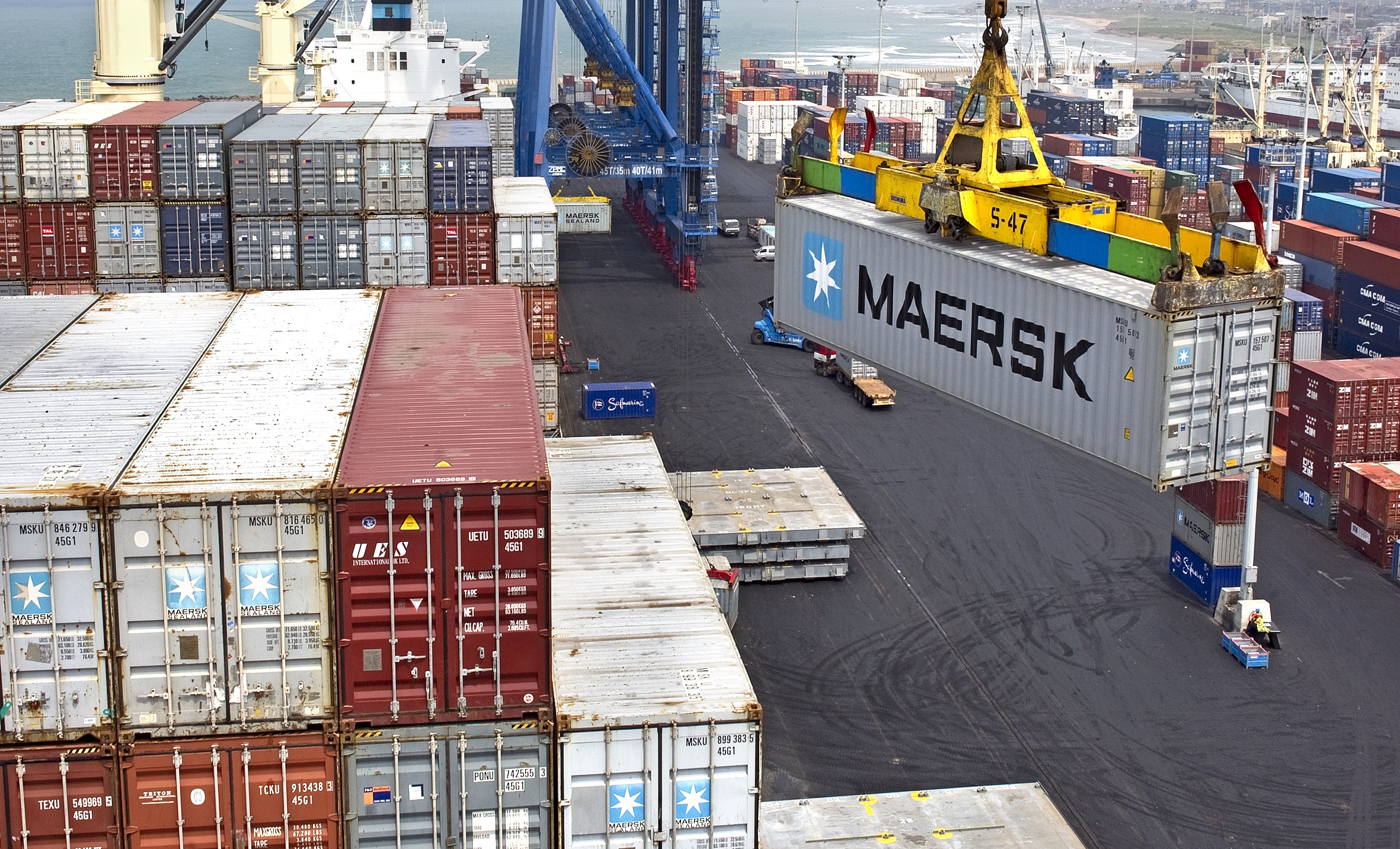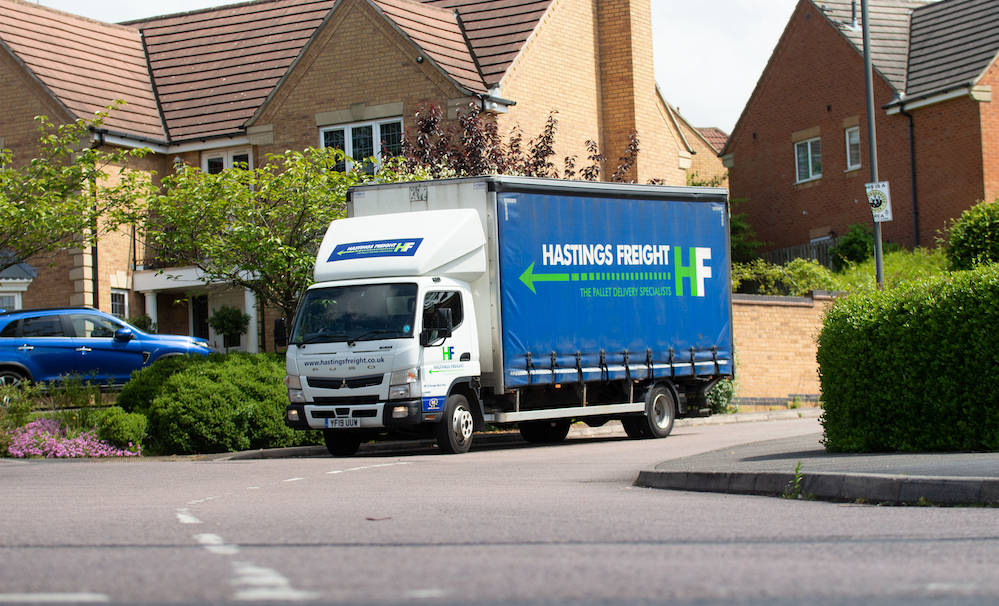Up to 150,000 businesses across the UK could face a negative impact to their trading if they fail to comply with new international supply chain regulations set to be brought in on 1st May. For this reason, all businesses involved in the import and export of goods are being urged to act now to ensure how they trade is in keeping with the legislation changes.
Customs specialist The Customs People is urging all businesses to check how the Union Customs Code (UCC) will affect their day-to-day operations, as failure to adhere to the rules could result in unnecessary Customs charges, including fines.
David Miller, director at The Customs People, said: “The introduction of the UCC will have a significant impact on, by HMRC’s own estimations, up to 150,000 enterprises across the country, and will bring with it a number of changes to how goods are transported over EU borders.
“Businesses have been given adequate notice to ensure they are compliant with the new regulations, but now time is running out as the deadline date draws closer. Therefore, it is now an urgent matter if companies have failed to do their research.
“The legalities surrounding the 1st May cut-off date are particularly complicated, therefore there is a concern that many business leaders have simply buried their head in the sand to avoid facing the matter head on. However, it is vital that organisations take note of these changes in a bid to avoid an unnecessary negative impact on their business activities”
Procedures that will be affected as part of the UCC include inward processing, outward processing, end-use, temporary admission, Simplified Import VAT Accounting and customs warehousing.
Other key changes outlined as part of the UCC include:
Mandatory guarantees for most special procedures and temporary storage, which applies to both new authorisations and re-authorisations when current authorisations have expired.
Checks on imports into the EU being conducted under ‘Authorised Economic Operator’ (AEO) conditions – this could affect in particular businesses that operate on short supply chain timescales
The ability to make some movements under temporary storage, as opposed to national transit or Electronic Transit Systems.
The removal of the earlier sales provisions relating to valuation, but there are some transitional arrangements.
All communications between customs and authorities, and economic operators must be electronic.
In order to simplify matters ahead of the 1st May introduction of UCC, businesses are being reminded to consider how seeking Authorised Economic Operator (AEO) status to help them enjoy a buoyant position in the international supply chain. By gaining this accreditation, companies can enjoy smoother transactions and fewer restrictions as part of their trading operations.
Mr Miller explained: “The changes are complicated, and while it is not mandatory to seek AEO status, under certain circumstances, it will undoubtedly be of benefit to many businesses.”
“Given that there are 150,000 UK businesses affected by the UCC but only 400 UK businesses that have AEO accreditation, there does seem to be a knowledge gap. Of course not all businesses will need AEO but we advise that organisations should make an informed decision in respect of how the UCC and AEO affect them. To that end, all businesses involved in a supply chain which involves the movement of goods to / from non-EU countries should at least be aware of AEO status and how it can help them. As part of the UCC, it is necessary to meet some if not all of the simplifications of the AEO certificate criteria, therefore it could make matters much simpler in the long run.”







